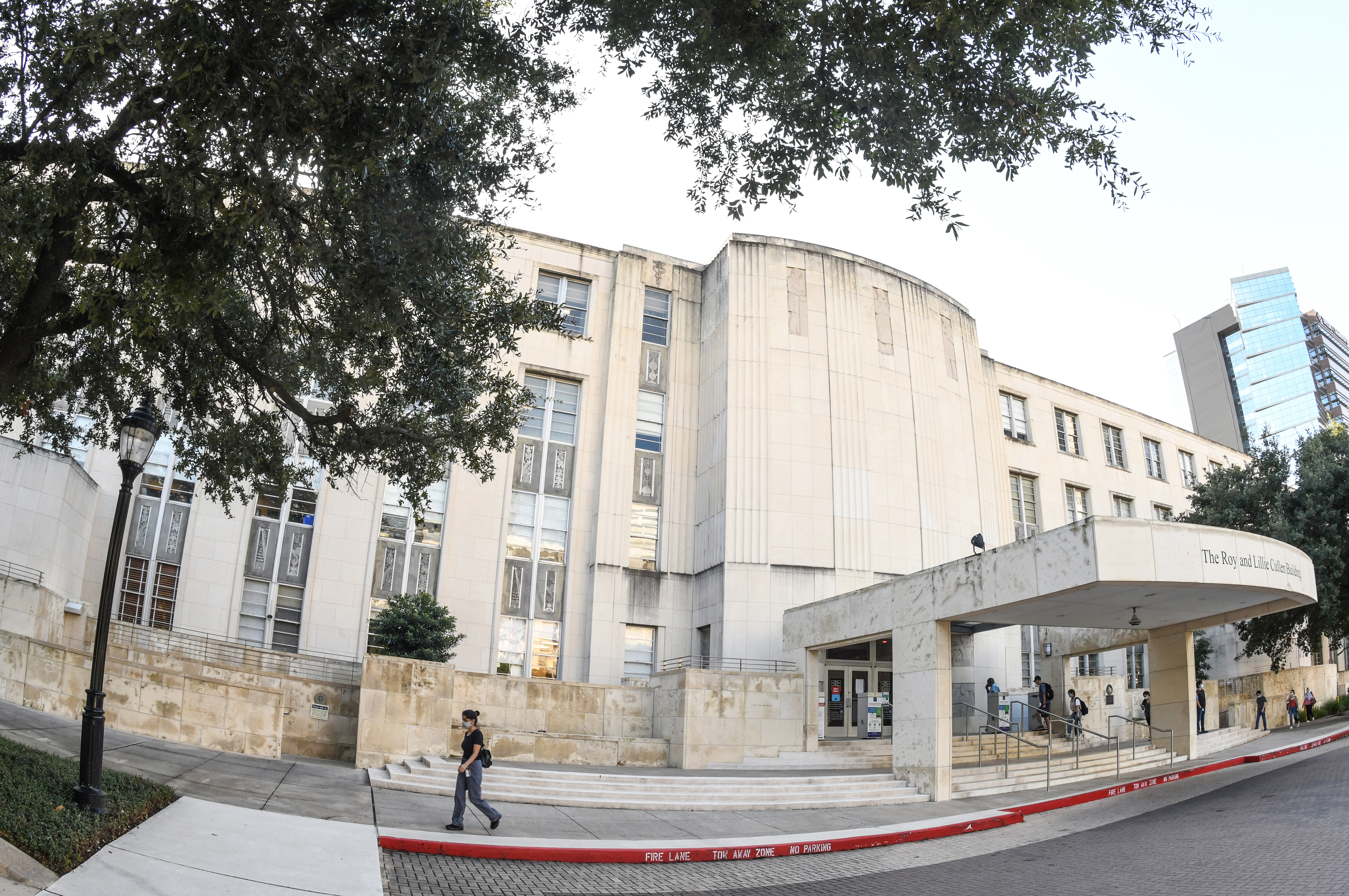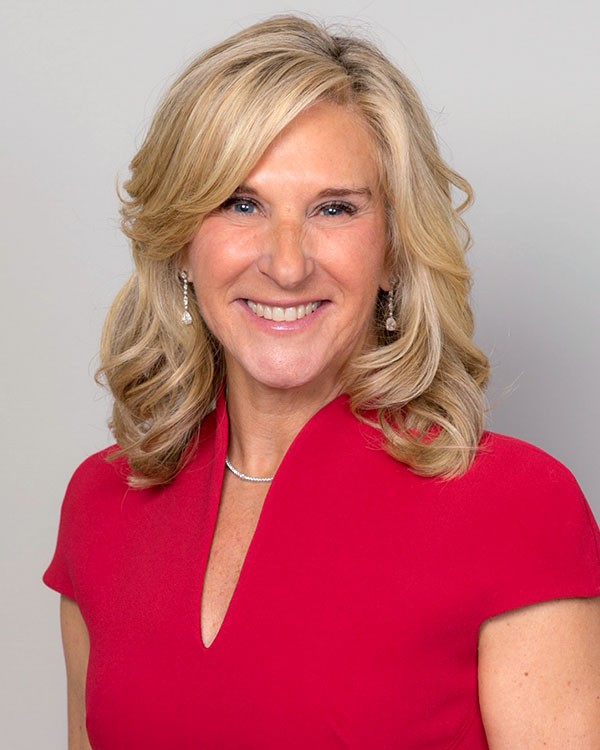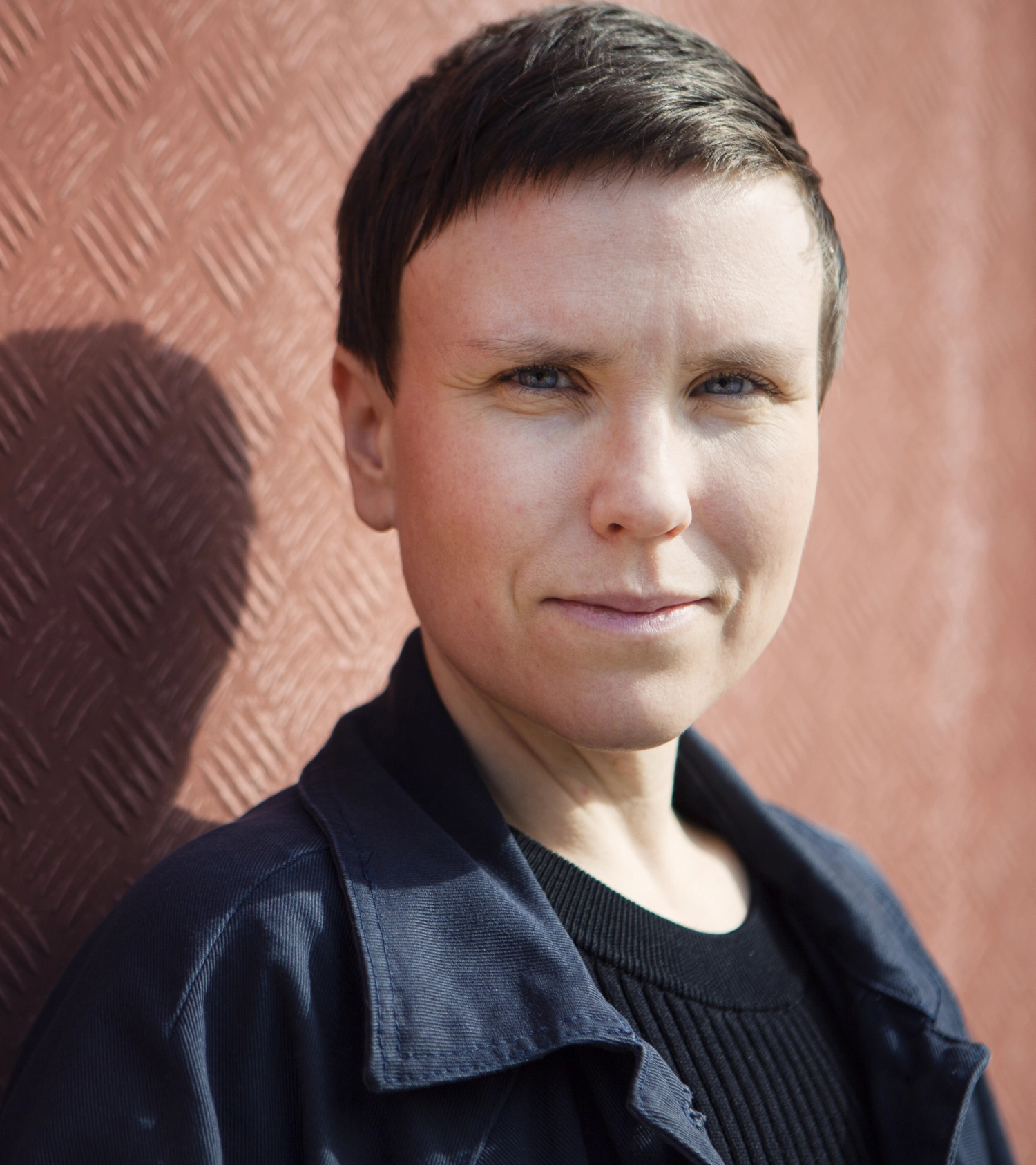- Hon Carmel Sepuloni
– 197 extra Community Connectors to help whānau in need who are isolating to access support
– Extra support for foodbanks to assist those most in need
The Government is standing up additional support to help people and whānau who have to self-isolate access the services they need as Omicron cases start to ramp up and more New Zealanders are affected by the virus, Minister for Social Development and Employment Carmel Sepuloni announced today.
“With Omicron cases increasing it is important whānau have the support they need to self-isolate and stop the spread of the virus,” Carmel Sepuloni said.
“In recent weeks we have seen an over 60 percent increase in people with no existing MSD relationship needing support, so it’s timely for us to be increasing the welfare support provided through the Care in Community approach.
“As at 6 February 2022, MSD has received 7,911 referrals under the Care in the Community welfare support response. MSD is currently supporting 1,823 of those referrals as they are still within their self-isolation period. With more cases every day we know the number of whānau needing support will only increase.
“While the vast majority of people who have to self-isolate will not require support, we know for some whānau this will be a difficult time and that there will be need for extra assistance.
“The Care in the Community welfare approach is already responding effectively to meet the needs of people and whānau while in self-isolation. Today’s boost will help provide stability and continuity for them and their whānau, as well as social service organisations and community providers working hard to serve their community.
“MSD currently funds 303 Community Connectors who work alongside vulnerable whānau to help them access the support they need while isolating. With cases growing, especially in lower socio economic areas, we are now funding an additional 197 Connectors to bring the total to 500.
“This boost in support sits alongside our three-phase response to Omicron, and recognises the need to adapt our approach to the Care in Community model.
“The Omicron variant has increased pressure on foodbanks, social service organisations and community providers. That’s why this boost in support will not only come as welcome relief but it will ensure they’re able to manage increased demand.
“Food continues to be the most identified need for people isolating and is the most requested hardship grant provided by MSD making up 67 per cent of all grants. That’s why we are ramping up support to food banks and other food providers.
“There are around 150 social service organisations and 225 food banks and community food organisations across the motu who are providing crucial support to people and whānau. They’ve played a huge part in cushioning the impact of the pandemic on whānau, and will continue to play a key role in helping us respond to the Omicron variant.
“As part of the Care in the Community welfare approach, we’re committed to ensuring that we’re future-proofing both the agency and community workforces which is why MSD has developed a workforce strategy. This is integral in making sure there is sufficient capacity and continuity to support our welfare response.
“At the heart of our Government’s welfare response to COVID-19, is ensuring people and whānau can self-isolate safely and have their welfare needs supported,” Carmel Sepuloni said.






